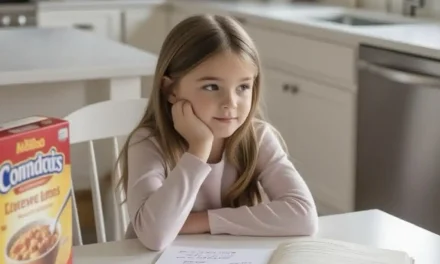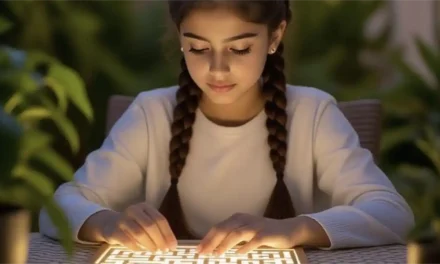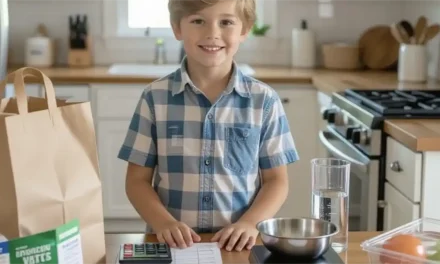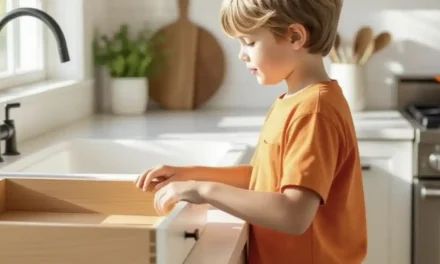
Developing Memory: Why Memory Matters
A
child who forgets yesterday’s lesson may seem inattentive—but often, they’re just untrained in how to hold onto what they learn. Memory isn’t just about test scores or trivia—it’s the thread that connects ideas across time. When kids remember what they read, hear, and do, they build a rich mental world. Without memory, even strong reasoning floats unanchored. Every insight needs something to connect to. A child who remembers is a child who thinks more deeply, sees patterns more clearly, and builds confidence through accumulation. Memory makes knowledge stick, but more importantly, it helps meaning grow.
One evening, my daughter asked why birds fly south. I explained, but a week later she’d forgotten. Frustrated, she said, “I never remember anything.” We slowed down, talked it through again—but this time, I asked her to picture a sky full of birds and imagine their long journey. We made a silly rhyme about geese in scarves. Days later, she recited it back. “They fly south because it’s warmer,” she said, proud. That playful anchor made the idea hers. Now, she reaches for memory tricks naturally—and she’s more confident tackling new topics because she knows she can make them stick.
To show your child why memory matters, treat it as a tool, not a talent. Point out when remembering something helps them—whether it’s a story they retell, a rule they recall, or a detail they connect across days. For younger kids, build bridges with images, movement, or songs. For teens, talk about how memory fuels learning, creativity, and argument. Revisit earlier conversations and let them fill in gaps—they’ll begin to notice their own retention. The goal isn’t to memorize more—it’s to see memory as an active part of thinking. Once they understand that, they’ll use it with purpose, not pressure.
Developing Memory

Developing Memory: How Parents Can Foster Memory
Parents can nurture memory through conversation, storytelling, and reflection. Support your child’s learning with gentle, consistent habits.

Developing Memory: How Memory Can Be Trained
Memory improves with practice. Learn simple routines and games that strengthen recall and deepen learning for growing minds.
Table of contents

Primordial Soup for the Mind: Navigation
Navigate the book Primordial Soup for the Mind.
TIP
When your child forgets something, avoid scolding. Instead, ask how they could have made it easier to remember—did they picture it, repeat it, or link it to something they care about?
ACTIVITY
Ask your child to teach you something they learned today. Retelling helps cement ideas and reveals what they remember. Make it playful: you get to ask silly questions or “get it wrong” so they correct you.
EXAMPLE
If your child remembers a story from a week ago, say, “You held onto that detail! That’s memory helping you connect ideas.” Praise the process, not just the result.

Download “Primordial Soup for the Mind: A Parent’s Guide to Nurturing Intellectual Growth”
Enter your information to get this article and hundreds more as part of the FREE book Primordial Soup for the Mind.
Share your thoughts with the Thought Academy community in the Comments section below.

Sharpen those skills!
Enter your information to get our FREE practice exercises so you can hone your critical thinking and reasoning skills!







0 Comments